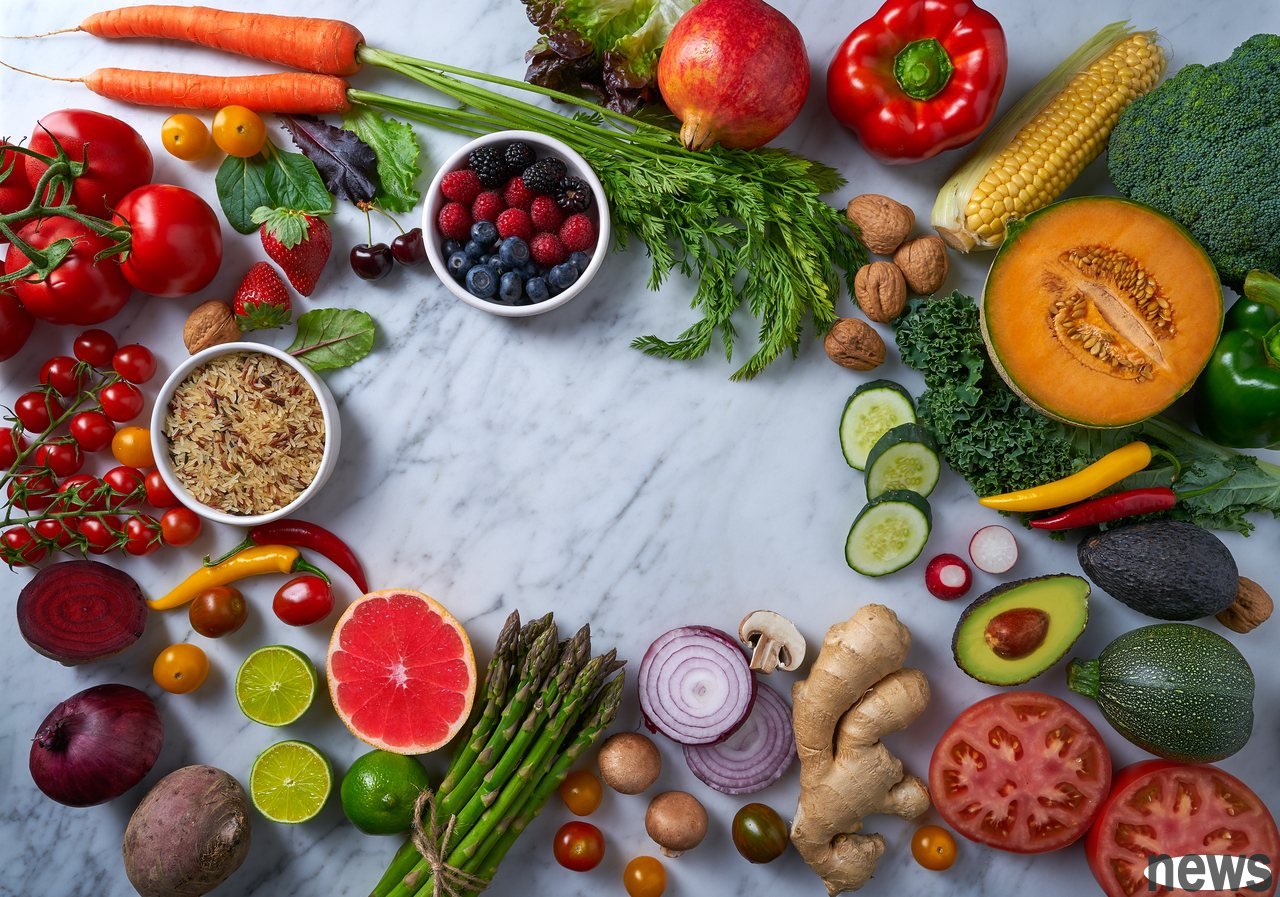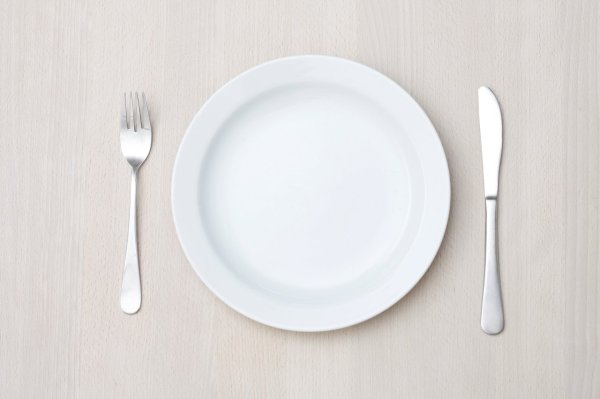Is it really healthier to eat vegetarian food than to eat meat? Learn what plant-based diet and its benefits and disadvantages are
 【The highlight of this article】 Plant-based diets are often considered healthier than those with more animal foods, but a new study compares whether plant-based alternatives to meat, seafood, eggs and dairy products are healthier than them. Plant-based foods often contain more dietary fiber, low sanitary sugar and ginger content. However, animal-based food sources make important contributions to certain nutrients in the diet, such as vitamins B12 and D, iodine, iron and irrigation. Excluding animal products themselves does not necessarily mean a healthy diet, and the most important thing is to make balanced and diverse choices. --by ChatGPTIs plant-based diet better?
【The highlight of this article】 Plant-based diets are often considered healthier than those with more animal foods, but a new study compares whether plant-based alternatives to meat, seafood, eggs and dairy products are healthier than them. Plant-based foods often contain more dietary fiber, low sanitary sugar and ginger content. However, animal-based food sources make important contributions to certain nutrients in the diet, such as vitamins B12 and D, iodine, iron and irrigation. Excluding animal products themselves does not necessarily mean a healthy diet, and the most important thing is to make balanced and diverse choices. --by ChatGPTIs plant-based diet better? Eating more fresh fruits, vegetables, fruits and whole grains is related to improving health results. Generally speaking, plant-based diets are definitely healthier than diets containing more animal foods, but is this really the case?
According to a new study published in the journal International Food Research, comparing whether plant-based alternatives such as meat, seafood, chicken eggs and dairy products is healthier than the animal-based foods they intend to replace. The following is a comparison of the two types of foods that this study recommends.
The nutritional content of animal and plant-based foods is lower in fat, heat, and fat, and has a higher dietary fiber content than real chickens.In addition, plant-based chicken and real chicken are of comparable carbohydrate, protein and calcin content. Overall, plant-based chickens may be health-friendly compared to real chickens because they have lower fat, heat, and fat and fat content.
fishfish are a good source of high-quality protein, which is easy to digest and contains all essential amino acids.
However, there are significant differences between true and plant-based fish products in terms of constant and trace nutrients. For example, plant-based fish has less nutritional value than real fish because it has a lower protein content and higher calcination and heat content. However, plant-based fish contains more dietary fibers, calcines and irons, which may be beneficial to human health.
Dairy productsPlant milk (such as oatmeal milk, almond milk, or bean) usually contains less heat compared to cow's milk. Although these dairy products may not contain all the trace nutrients present in milk, they are usually rich in nutrients such as vitamins and minerals.
It is worth noting that plant-based cheese products lack protein compared to natural cheeses containing 14% to 30% protein. Plant-based cheese also has a higher carbohydrate content, mainly in the form of powders, to produce a cheese-like consistency. In addition, plant-based cheese has a higher calcination than real cheese, which may create health risks for patients with hypertension.
What is a plant-based diet?According to data from the British Nutrition Foundation, plant-based diet is a diet pattern, which emphasizes foods derived from plants. For example, fruits and vegetables, whole malt, beans, fruits, seeds and oils. The following are the main features:
. Eat a lot of vegetables, fruits and whole maize. Some low-fat dairy products (or dairy substitutes), seafood, fruits, seeds, beans
. Some are not fat and fat
. Reduce fat/processed meat, refined grains, sugary foods and beverages
. In fact, plant-based diets do not completely exclude animal foods such as meat, poultry, fish, eggs and dairy products, but choose more plant-based foods in proportion. Other examples of plant-based dietary patterns include Mediterranean or Northern European diets.
Is plant-based diet good for health?According to studies, plant-based diet patterns are related to strengthening plant-based foods (such as vegetarian, pure vegetarian or Mediterranean diet) and reducing the risk of heart disease, medium-style and type 2 diabetes. Scientific research also shows that healthy plant-based diets can have beneficial effects on reducing disease risks by reducing blood pressure, lowering blood sterol and promoting healthy weight.
Many foods that are important in the diet tend to be higher in plant-based diets, such as fruits and vegetables, whole malt, fruits, seeds and beans. Therefore, these diets tend to provide more dietary fiber, while at the same time lower in fat and sanitary sugar than other dietary patterns. This may be the basis for many health benefits observed.
However, people who use this type of diet tend to pay more attention to health and adopt other healthier lifestyle factors. For example, they may prefer sports, are less likely to smoke, drink less, and are more likely to earn higher incomes and education. This may also help to explain some observed health benefits.
Are all plant-based diets healthy?Plant-based diets provide important nutrients, including fiber, vitamins and minerals, protein and non-farming and fat. However, it is worth noting that animal-based food sources make important contributions to certain nutrients in the diet.
For example, most plant-based natural foods do not contain vitamin B12 and vitamin D, long chain omega-3 fats are the highest in oily fish, while iodine is the highest in seafood, dairy products and chicken eggs. Dairy products are also an important source of consumption for most people, especially for children. In addition, irons and irrigs are easier to absorb from animals than plant-based foods. For example, phytic acid in plant foods such as whole maize and soybeans can reduce the absorption of the ulcer.
Importantly, excluding animal products themselves does not necessarily mean a healthy diet. Poor choices can be made in any diet pattern, such as foods that contain high in raw and fat, salt and stagnant sugar (such as sautéed snacks, fried foods, cakes, dry baking, candy and sweet sauce). In addition, very strict plant-based diets may lack balance and versatility.













